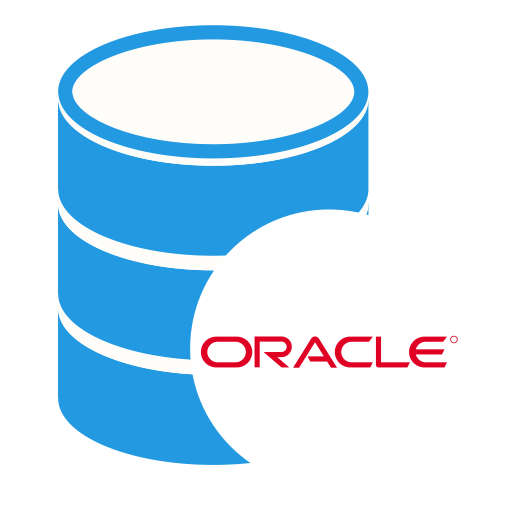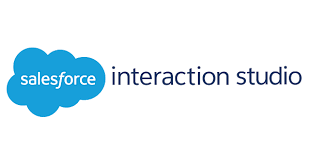Oracle is ranked second on the list of leading software companies!
Oracle is a well-known software company that provides prominent services to companies all over the globe. With over 132,000 employees working worldwide Oracle is amongst the top MNCs providing software services.
Do you know oracle is one the most adopted RDBMS having users in even the tech giants? RDBMS is an abbreviation used for relational database management systems.
This type of database management system is used widely by tech giants as it allows you to fetch particular data through data type.
If you are also looking forward to joining an oracle dba course, let us enlist a few more in favour of this notion
In this article, we will talk about this efficient database management system and how oracle dba certifications can help you to add new chapters to your success story!
Lets first understand what an oracle database system is.
What Is Oracle Database?
Do you know Oracle was the first database designed to deal with data warehousing?
Oracle Database system is used by industry experts for various data-related functions. It includes organizing the data, storing the data, and retrieving the data from the database.
The Oracle Database is also applicable in resolving enterprise grid computing issues. This provides the users a way to manage their data, information, and applications conveniently.
Also, using Oracle as enterprise grid computing will save your budget as it is highly pocket friendly.
One more thing that makes Oracle the best suitable RDBMS is its compatibility with different platforms and industries.
Lets look at the different editions of Oracle dba and how joining an Oracle dba course will be beneficial for you irrespective of the industry you belong to.
EDITIONS OF ORACLE DATABASE
Oracle Database is for all!
There are various editions of Oracle dba that you can access based on your requirements.
If you are worried that switching to Oracle might disturb your budget or put a strain on your pocket, worry not! Oracle offers different editions with unique and exclusive pricing plans.
Following are some of the most used editions of the Oracle dba:
- Personal Edition
If you wish to use Oracle dba for storing and accessing your data, the personal edition of Oracle dba is the best option for you. You will get different features including superior performance, security, and other enterprise-related features. However, in the personal edition, you will not have the Oracle real application clusters option which is quite fine when it comes to personal data management.
- Enterprise edition
If your data management requirements go beyond your data and you wish to manage data generated by a whole enterprise, this is the right software edition for you.
With this edition, you can unlock all the major features of the Oracle Database management system including robust security, performance, and other advanced features
- Express edition
Are you Looking for limited services and load-free RDBMS? Its right here!
Are you one of the users who do not wish to carry a fully loaded RDBMS? The Express edition of the Oracle will save the day for you. It is fit for Linux and Windows users.
And it offers all the services with additional benefits of being lightweight, limited, and free! Yes, you can now store and organize your data with limited services without paying any charges.
- Standard edition
Stick to the Oracle basics!
If you dont want anything extra and only the basic services from your database management system, the Oracle Dba is a must-have for you!
- Oracle lite
Oracle is on the go!
You can now enjoy the benefits of the Oracle Database management system with the convenience of your phones. Without affecting efficiency or accuracy, Oracle allows you to use all the services through the phone.
This is how Oracle is a fit option for all! But how exactly does this RDBMS work? Lets find out in the next segment.
How Does Oracle Database Works
Security and efficiency are a result of Oracles dba structure!
While learning about DBA during your Oracle dba course, you will get a chance to explore various aspects of the Oracle structure.
Oracle uses SQL(standard query language) to store and organize the data. Various tasks such as creating databases, records management, retrieving data, and performing actions are done with the base rules of SQL.
The programming language of Oracle allows the users to add extensions of current PL to an existing SQL file that ensures versatile working domains of the Oracle dba.
The working of Oracle Database is divided into two main structures. These two pillars of the Oracle Database management system are physical and logical storage structures.
The physical storage structure allows the users to feed data files, control files, and red-log files. You can perform documenting changes with the help of red-log files stored in physical storage.
Next comes up the logical storage system where the data blocks and tables are stored. In this storage system, the other components including the extents segments, and tablespaces are stored.
With the help of this clear and organized structure, the Oracle Dba makes management easier for all users. Apart from that, this architecture ensures that data security is kept intact throughout the processes.
Oracle dba certification will help you gain experience in data security as well! Since, data encryption, authentication, authorizations, and authorization analysis are some key features of Oracle ensuring data security.
Another added advantage of the Oracle dba course is that it allows you to retrieve the java programming codes through SQL or PL according to your requirement.
Winding Up
Joining the Oracle dba course can help you accelerate your career exponentially! Are you ready to walk on this path to success?
Oracle dba certification willensure that you can be a part of the leading software giants and work all around the globe and will be your first step to success.
So, what are you waiting for? Join the league of tech geeks today by registering for the Oracle dba course!
Get your Oracle dba certification and turn your career graph upside!
by Rajat Patel
























